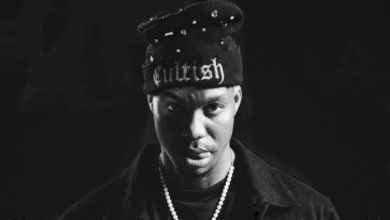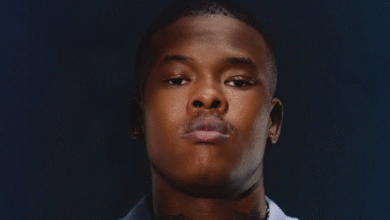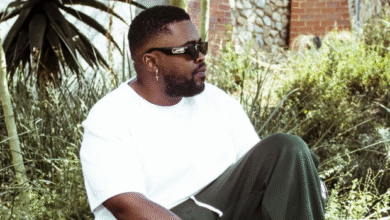Nyota Parker Responds To Emtee’s Criticism Of Backpack Rap
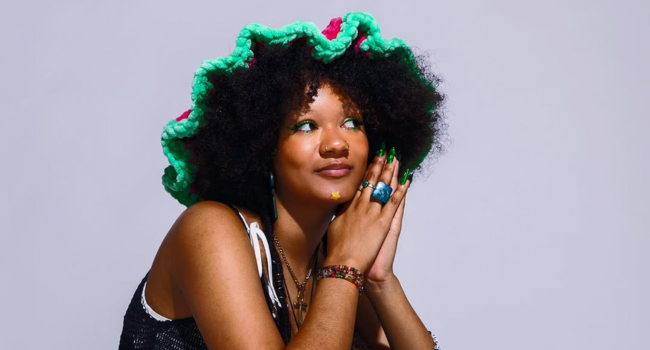
Nyota Parker Responds To Emtee’s Criticism of Backpack Rap. South African rapper and songwriter Nyota Parker has sparked a thoughtful debate in the hip-hop community following her response to Emtee’s remarks about Kane Keid. Emtee had suggested that Kane Keid’s lyricism—laden with metaphors and wordplay—was too niche, claiming, “There’s no money in the backpack rap industry.”
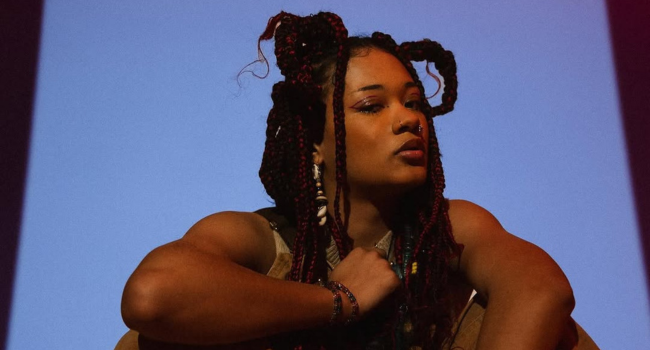
In a series of tweets, Nyota Parker dismantled this notion with a passionate defence of artistic authenticity and alternative hip-hop. “Saying that a rapper raps too much is such a wild take,” Nyota began, addressing Emtee’s comments directly. “Saying they need to do something to be more mainstream without taking the artist’s goals and idea of success into consideration is so ignorant.”
Nyota’s response highlighted the often-overlooked value of artists who prioritize creativity over commercial appeal. “The priority is creating music that feels true to us—that won’t compromise our peace or creativity in the long run,” she explained, speaking for a growing number of artists in the alternative hip-hop space.
Nyota also challenged the perception that financial success is the sole measure of achievement in the music industry, particularly for “backpack rappers”—a term used to describe artists who focus on lyrical depth and conscious themes. She emphasized the importance of catering to listeners whose tastes align with these values, stating, “Without these artists, there would not be many to derive inspiration from. They are the foundation.”
The debate over “backpack rap” versus commercial hip-hop is not a new one, but Nyota’s nuanced perspective adds a fresh layer to the conversation. She pointed out systemic issues within South African music and celebrity culture that hinder artists—both mainstream and alternative—from achieving global recognition. “Someone asked me to name five SA backpack rappers who made it globally. I can’t even name an SA mainstream hip-hop artist who made it globally too, so…” she remarked, leaving her audience to reflect on the broader challenges faced by South African artists on the international stage.
Nyota also addressed the pressure on artists to cater to trends and audiences that don’t align with their vision. “Why would anyone try to win over a fanbase that doesn’t even connect with their craft in the first place? If the only way to gain their support is by making the music they want to hear, then they might as well just listen to the artists who already make that music,” she argued.
Despite the financial challenges often associated with alternative hip-hop, Nyota maintained that the long-term impact of staying true to one’s vision outweighs short-term gains. “Even if it takes longer for a backpack rapper to gain recognition or see financial success, the impact is always greater when the vision is fully realized,” she concluded.


